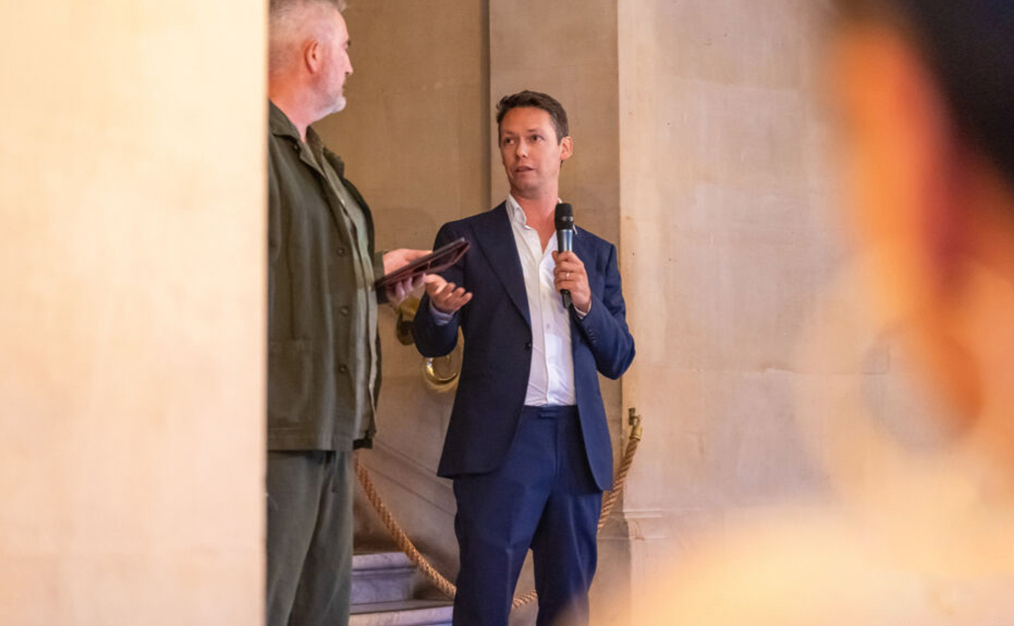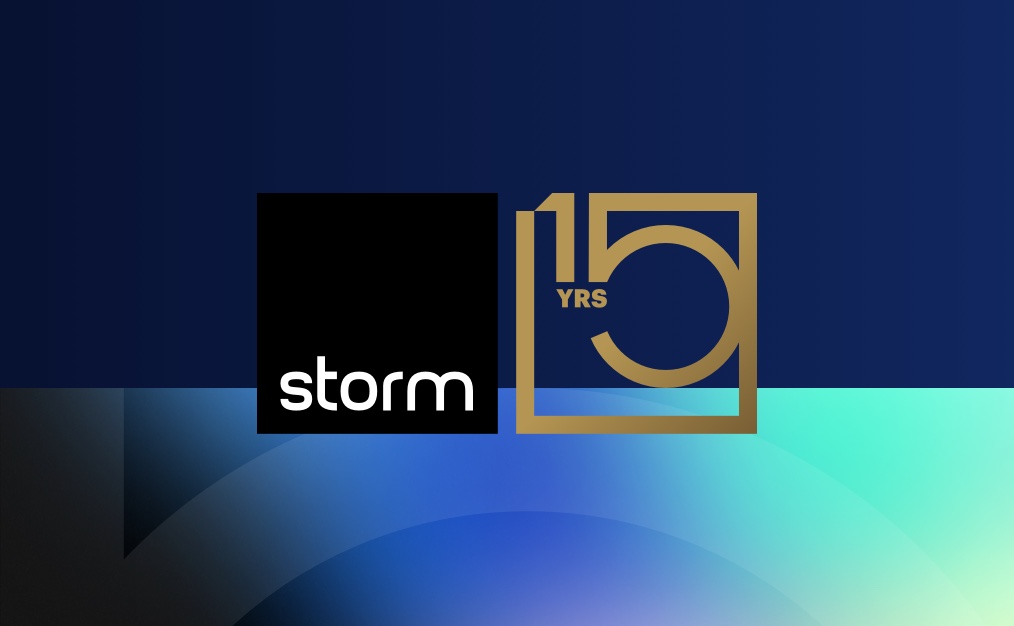Its easy coming up with ideas. It’s harder trying to develop that idea through to launch.
The team at Storm asked me to put down some thoughts on start-up teams since they thought the way we have formed the founding team at Bardowl was a good example. I’ll let you be the judge of that.
If there is one take-away from this post (if you can’t bear to read the whole thing) then it’s a general bit of advice about starting a business that applies really well when forming the start-up team: Talk about your new business idea to everyone you meet.
Don’t be in “Stealth Mode”. Explain what you are doing in no more than 3 minutes and people seem to respond with something like “Well if you are doing X you should speak to Y”. These sort of introductions have been so valuable to Bardowl – it’s the best bit of advice I can give.
Find Soulmates:
The best single book on starting businesses in my opinion is The Art of the Start by Guy Kawasaki. In it he makes an excellent point that although history looks back on individuals as the innovators (i.e. Edison, Ford, Jobs, Branson etc), they all had great teams and co-founders when they started their businesses.
My co-founder at Bardowl is Neil Chapman who was my manager at Orange in the early 2000’s. I had the idea for Bardowl on my own and put a plan into action to create a business plan and get a demo product developed but after about 6 months I knew I needed a proper 50/50 co-founder. I created a list of people I thought I could work with, and give half of my business to. I wanted someone who I considered to be a good friend but not so close that if it all went belly-up, and we never talked again, it wouldn’t matter that much. I asked Neil first and he said yes. I’m a technologist but my skills nowadays lie at the Bulls**t end. I love talking about mobile tech and developing good app ideas. Neil is a proper engineer who gets the details and makes sure all possible scenarios have been considered. I think we form a great team.
Finding other people to help:
One of the things that people who were involved with the early days of Orange had to learn was how to recruit people into teams. Between 1997 and 2000 Orange went from hundreds of employees to tens of thousands. People who were in place became managers of teams and the recruitment of good people was essential to the amazing success of Orange during that period. I think that experience has given us an instinct when it comes to choosing people with complementary skills who will make good teams. With one exception the whole founding team has come through connections and introductions made through Bath Innovation Centre.
What about paying people?
It’s exactly 3 years since we came up with the name Bardowl. We have not paid anyone salaries. The whole founding team have been working together based on equity they own in the business. If you are bootstrapping a business to the point where you can raise investment to cover employees’ wages, then there is no other way. We do not have a software developer on the founding team of Bardowl. We use a local app development agency, IntoHand, for all of our app development. We also use a student developer (soon to be graduate) Sam Phippen to develop the product.
The decision whether to outsource or staff-up for developers is a tricky one to advise on. It has worked brilliantly for us but I do understand the argument that it is optimal if you have a tech business with founders that code the product. Founder engineers can work 24/7 to release the product if necessary.
Non-exec Directors.
We recruited 2 amazing NED’s to our business early on. Both have worked in start-up technology businesses multiple times, so the experience that brings to Neil and I (who have never done anything like this before) is priceless. But it’s a myth that in an Angel-Funded Bootstrap company the NED’s do no operational work. Rob and David have had to put huge amounts of hours of operational effort in to keep Bardowl moving forward.
You really need a good vision for a business and the belief in its success to keep busy (and already successful people) working on your start-up idea. The whole Bardowl team is convinced that we are on the verge of something brilliant and hope that we will be able to look back in a few years and see a real reward for all of the superhuman effort put in to get us this far. Nothing would give us more pleasure than knowing that people all around the world are listening to great books using our service. Believing that we have managed to change the world a little bit is what keeps us going.
Find a Morpheus:
Again a quote from Guy Kawasaki. In The Art of the Start he explains the role of an “adult” on the board of a start-up. The yin to the yang of the start-up, someone that tempers the enthusiasm and is realistic when people like me are being very, very, over-optimistic. I am lucky to have 3 people in our team that have adult heads on their shoulders otherwise I would have messed up beyond all recognition many times.
Conclusion:
- Talk incessantly to people you meet about what you are doing.
- Don’t be afraid to split the business 50/50 with a partner.
- Share the equity with people who you need to have on board.
- Make sure you have a good mix of visionary, initiators and sensible, completer finishers.
The Bardowl Start-up team is:
- Chris Book – CEO
- Neil Chapman – CTO
- David Sykes – Non-exec Director
- Rob Shreeve – Non-exec Director
- Mark McCallum – Publishing Consultant
- Laura Kalbag – Designer
- Tom Marshall – Operations


